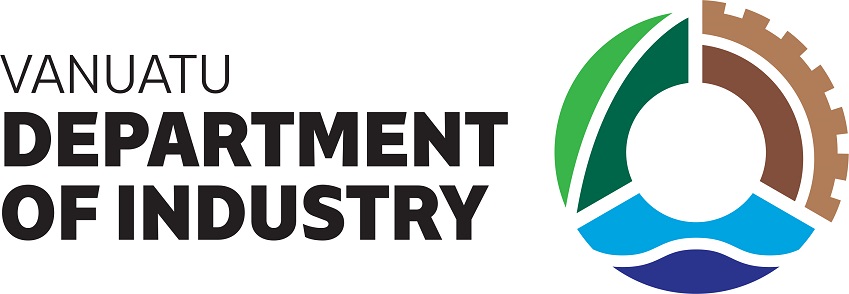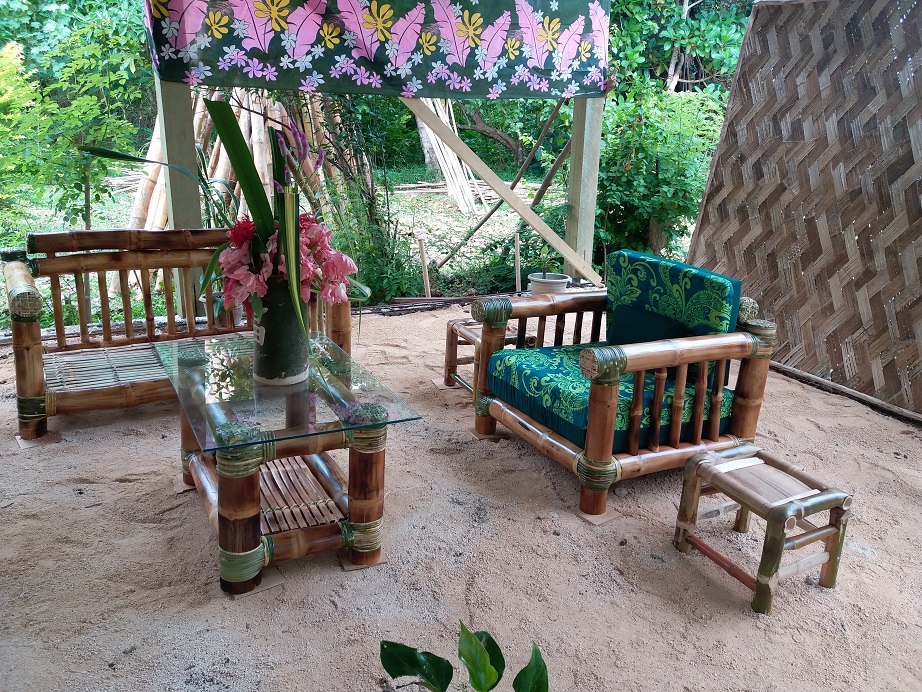What is Economic Development Zone?
In 2016, the Government of Vanuatu approved the creation of Vanuatu Economic Development Zones (EDZ), including an Industrial Park. This project was initiated by a private company who invested in this project together with the Vanuatu Gov’t in the framework of a Private Public Partnership (PPP) and will soon be launched at Luganville, Santo. The EDZ will be designed for offering world-class environment for attracting foreign investors, among others:
- Appropriate infrastructure, including communication and internet access
- Economic incentive, in addition to those already in force at Vanuatu
- Qualified labour force
- Access to regional and international markets
What makes Vanuatu attractive for foreign investors to this EDZ?
- Initiative driven by a Private Public Partnership (PPP)
- Macroeconomic climate marked by political stability
- Free tax regime facilities
- Large infrastructure projects (internet cable, cargo terminal wharf, urban roads improvement, air-ports upgrading)
- New generation of young educated young people
- Availability of Land (50Ha) able to host pro-cessing and service companies
What is the Department of Industry’s role in this project?
The Division of Industry under the Ministry of Tourism, Trade, Commerce, & Ni-Vanuatu Business is leading the process of the establishment of Vanuatu EDZ with the following mandate:
- Coordinate, promote and facilitate EDZ investments focusing the regional and international markets
- Ensure that the site design and planning, the infrastructure, including the utilities are in place
- Provide incentive packages in coherence with national and international trade obligations
- Set-up one stop services for the investors (Vanuatu Electronic Single Window - VeSW).
- Facilitate the licence to the investors through the Vanuatu Investment Promotion Authority (VIPA).
- Ensure a comprehensive legal framework for investors.
- Ensure that EDZ labour laws is in line with the ILO standards.
- Facilitate business development opportunities for SMEs meeting the logistical or outsourcing needs of EDZ investors.
- Build a database/network of qualified human resources, which could be mobilised by investors.
What are the expected benefits for the country and its people?
- Increase foreign investment
- Because it is an export-based concept, it will attract many investors from many business sectors
- Trade
- E-commerce trade generated
- Trade balance (Import/Export)
- Employment
- Employment is the main driving factor so there are substantial benefits to Ni-Vanuatu workers.
- Advantage of EDZ that the workers do not have to travel overseas (RSE) and leave their family unit.
- Revenues
- Government will collect more VAT
- And foreign exchange reserves
The impact of Economic Development Zone will have a multiple effect on our economy in general in all our productive sectors.
It is expected that EDZ in Vanuatu be operational in 2020.



